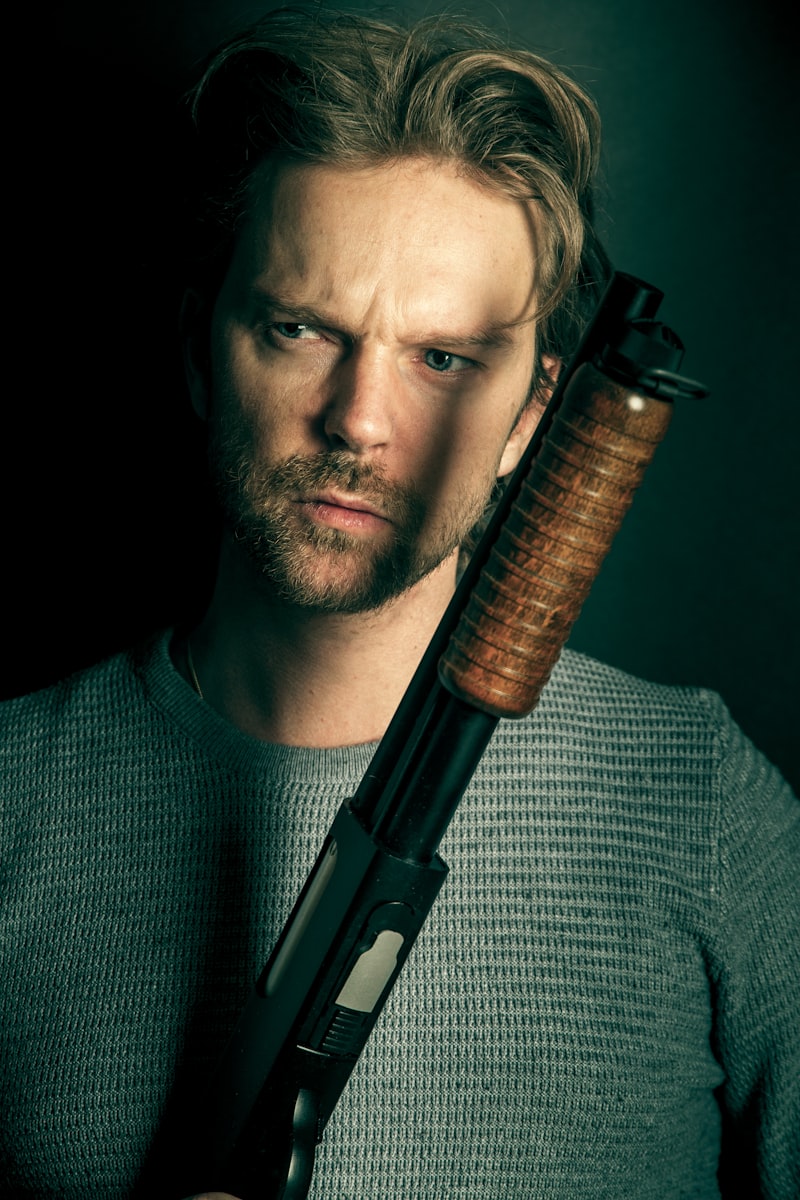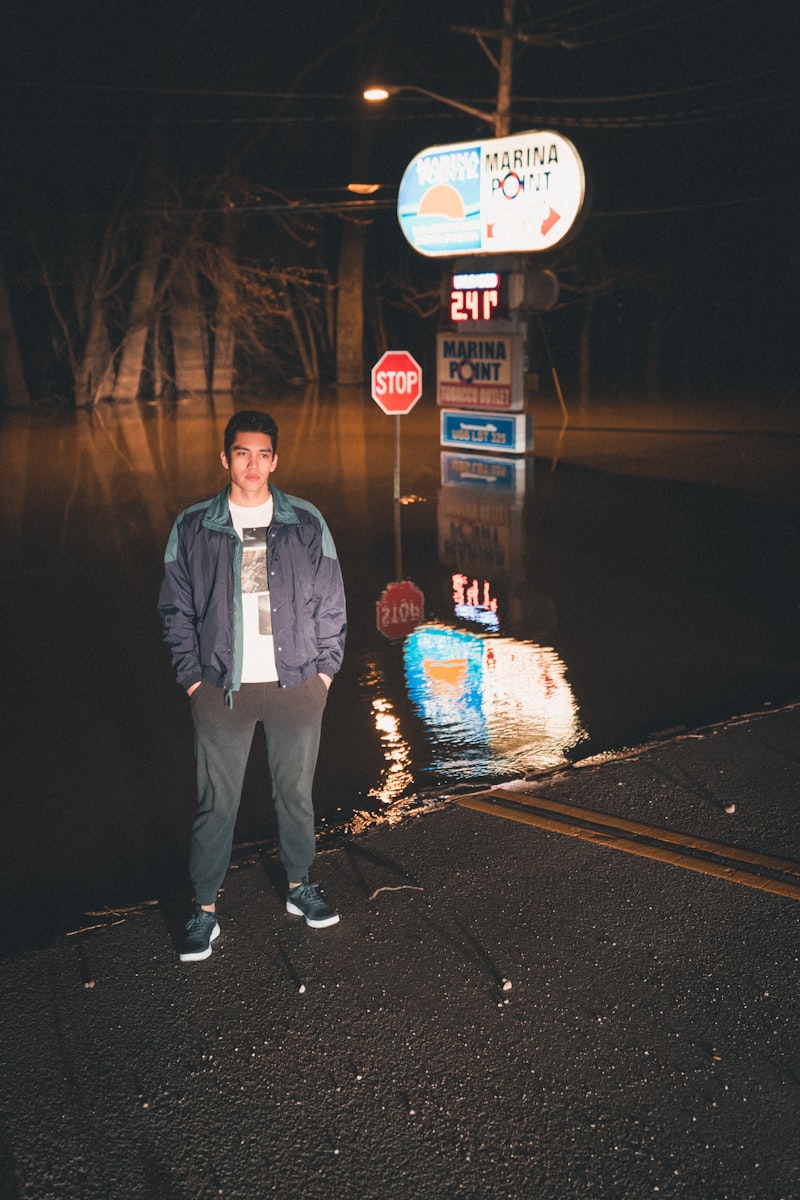From the chilling suspense of “Psycho” to the mind-bending plots of “Inception,” thriller movies have long captivated audiences with their gripping narratives and unexpected twists. These films not only entertain but also redefine the boundaries of storytelling in cinema.
Alfred Hitchcock’s “Psycho” (1960) stands as a timeless masterpiece that revolutionized the thriller genre. Its iconic shower scene and psychological depth set a benchmark for suspenseful storytelling, influencing generations of filmmakers. Similarly, “The Silence of the Lambs” (1991) brought a new level of intensity with Anthony Hopkins’ unforgettable portrayal of Hannibal Lecter, blending horror with psychological thriller elements.
In the realm of action-packed thrillers, “Die Hard” (1988) redefined the genre by introducing a vulnerable yet resourceful hero in John McClane, played by Bruce Willis. Its setting in a high-rise building under siege added a claustrophobic tension that kept viewers on the edge of their seats.
Moving into the realm of neo-noir thrillers, “Seven” (1995) directed by David Fincher shocked audiences with its dark exploration of the seven deadly sins. Its gritty atmosphere and moral ambiguity challenged conventional storytelling, establishing Fincher as a master of suspense.
In recent years, Christopher Nolan’s “Inception” (2010) pushed the boundaries of narrative complexity with its dream-within-a-dream concept. The film’s intricate plot and visual spectacle set new standards for cinematic innovation, leaving audiences questioning reality long after the credits rolled.
These thriller movies not only entertained but also pushed the envelope of what could be achieved in storytelling. Whether through psychological depth, intense action sequences, or narrative complexity, they continue to inspire filmmakers and thrill audiences worldwide.
From Hitchcock to Villeneuve: Thriller Films That Redefined Suspense
Thriller films have long held audiences captive with their tense narratives and gripping plots. From the masterful suspense of Alfred Hitchcock to the modern-day thrillers crafted by Denis Villeneuve, these films have continually redefined what it means to keep viewers on the edge of their seats.
Alfred Hitchcock, often hailed as the “Master of Suspense,” set the benchmark for thriller filmmaking. His films like “Psycho” and “Vertigo” are iconic not only for their thrilling narratives but also for their innovative cinematography and psychological depth. Hitchcock’s ability to manipulate audience expectations and play on their deepest fears made him a pioneer in the genre.
Moving into the contemporary era, Denis Villeneuve has made a significant impact with his distinct style of filmmaking. Known for films such as “Prisoners,” “Sicario,” and “Blade Runner 2049,” Villeneuve blends visceral suspense with thought-provoking storytelling. His meticulous attention to detail, coupled with breathtaking visuals and haunting soundtracks, creates an immersive experience that lingers long after the credits roll.
What sets these directors apart is not just their technical prowess but also their profound understanding of human psychology. They delve deep into the darker aspects of the human psyche, exploring themes of paranoia, guilt, and moral ambiguity. By skillfully building tension through every frame, they draw audiences into a world where every shadow holds a secret and every silence hides a threat.
Thriller films, under the guidance of directors like Hitchcock and Villeneuve, continue to evolve. They challenge conventions, push boundaries, and redefine what audiences expect from the genre. Whether it’s the classic suspense of Hitchcock’s suspense or Villeneuve’s modern-day exploration of existential dread, these films continue to captivate and astonish viewers worldwide.
Mind-Bending Masterpieces: Thriller Movies That Altered Cinematic Storytelling
Have you ever watched a movie that left you questioning reality, spinning your mind with its intricate plot twists and storytelling finesse? Thriller movies have always had the power to captivate audiences, but some stand out not just for their suspense but for how they redefine the art of storytelling on screen. These mind-bending masterpieces delve deep into the realms of psychology, perception, and human nature, leaving viewers on the edge of their seats long after the credits roll.
One such film is “Inception,” where director Christopher Nolan takes us on a journey through dreams within dreams, challenging our understanding of time and consciousness. As the characters navigate the complexities of their subconscious minds, the audience is drawn into a maze of reality and illusion, questioning what is real and what is a dream.

Another groundbreaking thriller is “The Sixth Sense,” where M. Night Shyamalan introduces a twist that redefined how audiences perceive plot reveals. The film’s iconic line, “I see dead people,” continues to echo in pop culture, showcasing the impact of a well-crafted narrative twist.
For those who crave psychological depth, “Fight Club” emerges as a cult classic, blending thriller elements with social commentary. Director David Fincher explores identity crisis and societal rebellion through a mind-bending plot that challenges viewers to question their own perceptions of reality.
Each of these films not only entertains but also pushes the boundaries of cinematic storytelling. They compel us to think critically, engaging our minds with thought-provoking themes and unexpected twists. Whether exploring the depths of the human psyche or unraveling complex conspiracies, these thrillers leave an indelible mark on the history of cinema, inspiring future filmmakers to innovate and astonish with each new masterpiece.
The Evolution of Fear on Screen: Iconic Thriller Films That Shaped Genre Expectations
One of the most defining aspects of thriller films is their ability to evolve with the fears of society. Take Alfred Hitchcock’s masterpiece, “Psycho,” for instance. Released in 1960, it shocked audiences with its psychological depth and chilling narrative. The shower scene, in particular, forever changed how viewers perceived vulnerability on screen. It wasn’t just about the suspense—it was about the fear of the unknown lurking in everyday places.
As cinema progressed, so did the portrayal of fear. In the 1970s, films like “Jaws” brought a new dimension to the thriller genre by exploiting a primal fear of the unknown depths of the ocean. Steven Spielberg’s expert use of suspense and the unseen terror lurking beneath the waves captivated audiences worldwide, cementing “Jaws” as a classic.
Moving into the 1980s, psychological thrillers like “The Shining” pushed boundaries further, delving into the terror of isolation and the unraveling of the human mind. Stanley Kubrick’s meticulous direction and Jack Nicholson’s haunting performance created an atmosphere of dread that remains unmatched.
Fast forward to the modern era, and thrillers continue to evolve. Films like “The Silence of the Lambs” redefined horror by exploring the intricacies of human psychology and the chilling charisma of a cannibalistic serial killer. The cat-and-mouse game between Clarice Starling and Hannibal Lecter set new standards for suspense and psychological depth in cinema.
Twists, Turns, and Tension: How These Thriller Movies Rewrote Box Office History

Imagine a narrative that twists like a labyrinth, where every corner brings a new revelation. Thriller movies excel at keeping audiences guessing, deftly maneuvering through unexpected plot developments that leave us questioning everything we thought we knew. It’s like solving a puzzle in real-time, where each piece fits into place with a satisfying click.
Take, for instance, classics like “The Sixth Sense” and “Psycho.” These films didn’t just tell stories—they rewrote cinematic history by introducing plot twists that became the stuff of legend. Who can forget the chilling revelation in “The Sixth Sense,” where Bruce Willis’s character discovers the truth that changes everything? It’s a moment that lingers, resonating long after the credits roll.
Then there’s the art of turning tension into an art form. Thriller movies are masters at building suspense, layering it thick until it’s almost palpable. It’s the feeling of creeping dread as characters navigate perilous situations, the suspense so thick you could cut it with a knife. Directors orchestrate this tension like conductors of an orchestra, using every cinematic tool at their disposal to keep us enthralled.
These films don’t just entertain; they provoke thought and evoke emotion. They challenge our perceptions and leave us pondering long after the screen fades to black. In the world of cinema, thriller movies aren’t just stories—they’re experiences. They rewrite box office history not just with their earnings, but with their ability to leave a lasting impact on those who watch them.
Behind Closed Doors: Thriller Films That Transformed Audience Expectations
When it comes to thriller films, there’s a magical allure to stories that unfold behind closed doors. These movies have an uncanny ability to keep us on the edge of our seats, gripping our popcorn, and questioning every shadow. They go beyond mere entertainment; they delve into the deepest recesses of our minds, playing with our fears and expectations like a master puppeteer.

Imagine a darkened theater, the screen flickers to life, and suddenly you’re immersed in a world where nothing is as it seems. Films like “Psycho” and “Silence of the Lambs” have etched themselves into the annals of cinematic history not just for their chilling plots, but for how they shattered conventions and redefined what audiences thought possible in a thriller.
These movies excel at building tension, layer by layer, until you’re practically holding your breath. Take “The Sixth Sense” for instance. Who can forget that twist ending that left viewers reeling, questioning everything they thought they knew? It’s these unexpected turns that make thriller films so exhilarating—they challenge us to think outside the box and keep us guessing until the very last frame.
Thrillers are like puzzles, each piece carefully placed to mislead or surprise. Films such as “Gone Girl” and “Prisoners” weave intricate narratives where every character and scene is a clue waiting to be deciphered. The best thrillers draw us into their world so completely that we almost forget we’re watching a movie—we become detectives alongside the protagonist, piecing together clues and racing against time.

In the realm of thriller films, directors and writers are the architects of our nightmares and our most intense cinematic experiences. They manipulate our emotions with the precision of a surgeon, using suspense and anticipation as their scalpel. Films like “Se7en” and “The Usual Suspects” are not just stories; they are rollercoasters of adrenaline and intrigue, leaving us breathless and craving more.
So, the next time you settle in for a thriller film, remember to brace yourself. Behind closed doors lie worlds of suspense, surprise, and sheer cinematic brilliance. These films are more than entertainment—they are a testament to the power of storytelling and the thrill of the unknown.
Frequently Asked Questions
Which thriller movies are considered milestones in cinematic history?
Discover landmark thriller movies that have shaped cinematic history. Explore influential films that set benchmarks in suspense, storytelling, and audience engagement.
How did famous thriller films impact the evolution of cinema?
Explore how famous thriller films have significantly influenced the evolution of cinema through their suspenseful narratives, innovative cinematography, and lasting cultural impact. Discover the ways these movies have shaped audience expectations, pushed storytelling boundaries, and inspired generations of filmmakers worldwide.
Why are certain thriller films regarded as game-changers in the film industry?
Discover why certain thriller films are considered game-changers in the film industry. Explore how their innovative storytelling techniques, groundbreaking cinematography, and unexpected plot twists have redefined audience expectations and influenced future filmmaking trends.
What are some iconic thriller movies that revolutionized filmmaking?
Discover some of the most iconic thriller movies that have reshaped filmmaking with their groundbreaking narratives and cinematography. Explore how these films set new standards in suspense, storytelling, and cinematic techniques, influencing the genre for generations.
What characteristics define a thriller movie that changes cinema?
Learn about the defining characteristics of thriller movies that have revolutionized cinema, exploring their suspenseful plots, intense pacing, and unexpected twists that keep audiences on the edge of their seats.



